Credit flowing into real estate business in the first 7 months of the year exceeded the growth rate of last year in the context of "frozen" bond channels, real estate agents are worried about financial management.
According to the State Bank, total outstanding real estate loans by the end of July reached about VND2.7 trillion, up only nearly 5% compared to the beginning of the year, due to a sharp decrease in demand for loans to buy real estate. This outstanding debt accounts for 21% of the total credit in the economy.
In fact, credit flowing into the real estate sector consists of two components: real estate consumer loans and real estate business loans (focusing on lending to project investors, aiming at market supply).
Of which, banks mainly disburse for consumer needs such as loans to buy real estate (accounting for 65% of total credit in the real estate sector). As of the end of July, outstanding loans for buying real estate decreased by 1.36% compared to the beginning of the year in the context of a gloomy real estate market. Last year, outstanding loans for buying real estate, apartments... increased by 31%.
While real estate consumer demand is decreasing, banks are increasing real estate business loans, often focusing on market supply, that is, lending to project investors.
State Bank data shows that outstanding real estate business loans by the end of July increased by nearly 19% compared to the beginning of the year, exceeding the growth rate of last year (10.7%, equivalent to VND 100,000 billion). Thus, in 7 months, more than VND 150,000 billion of bank capital flowed into the real estate business segment, accounting for nearly 30% of the capital supplied to the economy.
The State Bank said that the above figures show that credit capital is focusing on the supply side of the market while credit demand for purchasing consumer and self-use real estate is decreasing. This development shows that legal difficulties of real estate projects are gradually being resolved, contributing to increasing investors' access to credit.
Banks increase lending to real estate investors in the context of a "frozen" bond market. Many businesses are facing difficulties due to poor output and have to arrange finances to repay debt to bondholders.
The gloomy corporate bond channel is one of the reasons, according to a bank leader, that the capital demand of real estate investors has been pouring into banks recently. However, overall credit flowing into the real estate sector in the first 7 months of the year was still quite low as consumer demand declined.
In addition, for the VND120,000 billion credit package for social housing, worker housing, and old apartment renovation projects, according to the management agency, the procedures for building social housing projects are complicated and take a long time to complete. Many localities are still in the process of compiling the project list and the needs of investors, so the list has not been announced. The income of home buyers has also decreased.
The State Bank also said that the bad debt ratio of the real estate sector is on the rise. The real estate bad debt ratio at the end of July was 2.58%, a sharp increase compared to the 1.8% at the end of July last year.
In addition to real estate, according to the management agency, credit flowing into other sectors in the first 7 months of the year reached about 9.75 million billion VND, also increasing at a low rate of 4.4% compared to the beginning of the year, mainly due to weaker production and business activities and loans for living needs.
Small and medium enterprises have a need for loans but are often customers who do not meet the criteria for business plans, lack transparency in financial situations, and have limited management capacity...
Quynh Trang
Source link








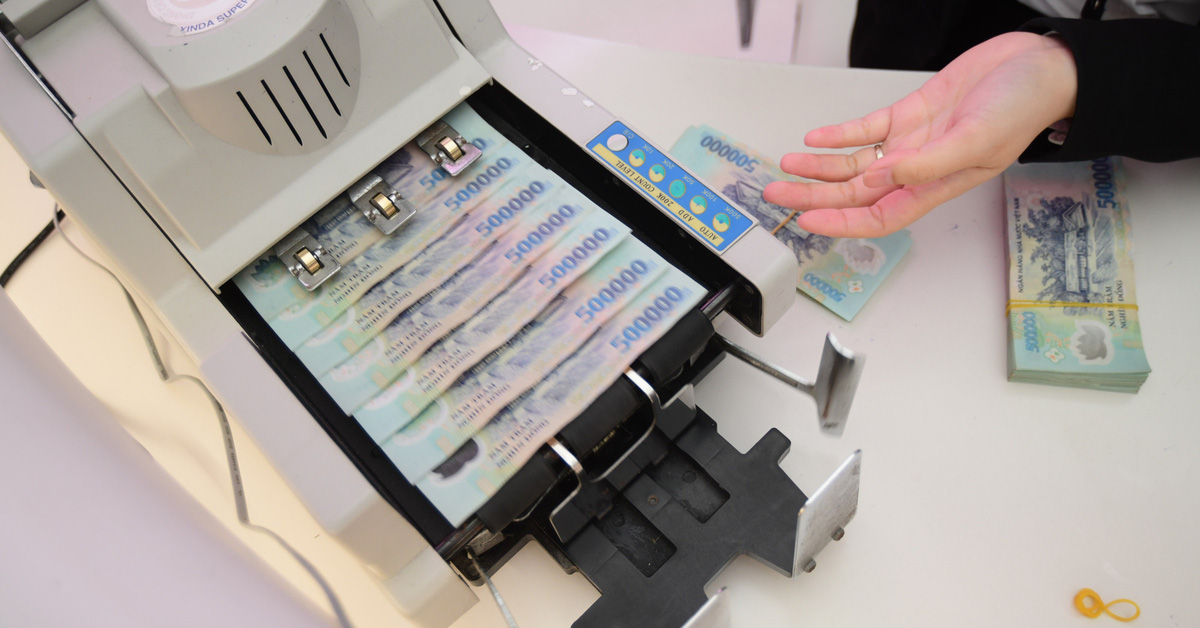

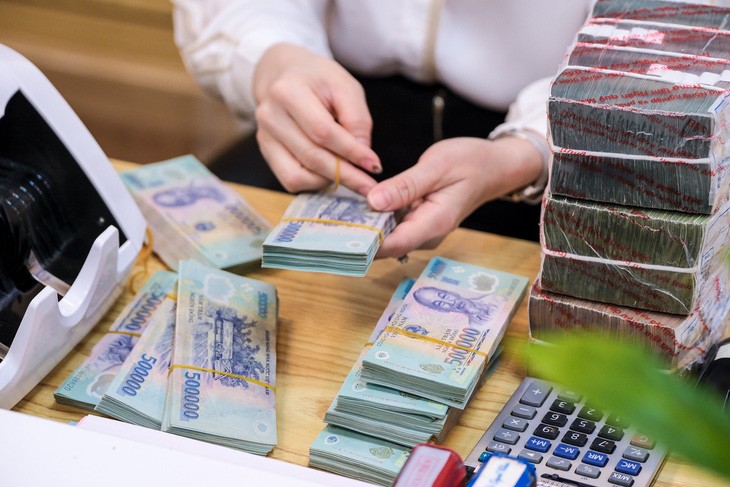


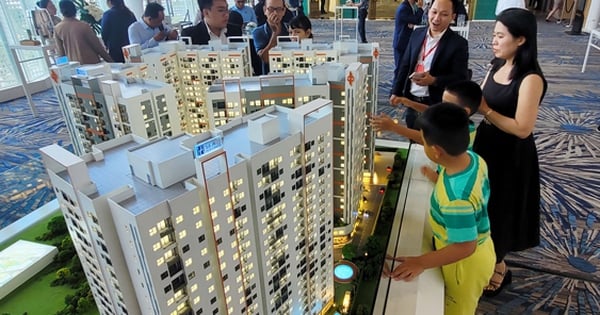





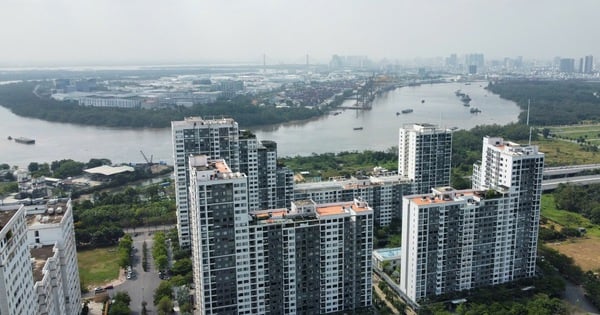

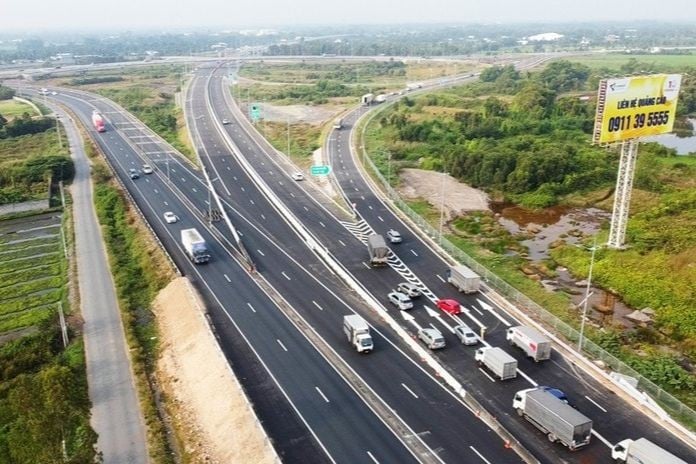
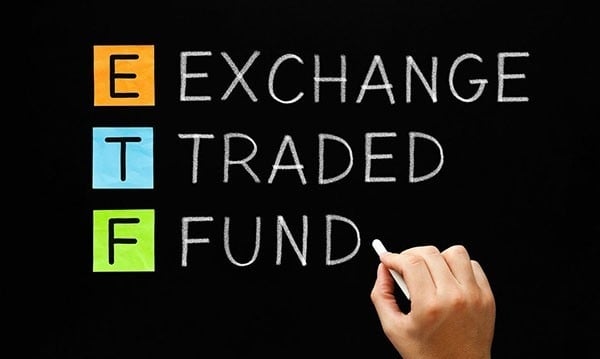









![[Photo] "Beauties" participate in the parade rehearsal at Bien Hoa airport](https://vstatic.vietnam.vn/vietnam/resource/IMAGE/2025/4/11/155502af3384431e918de0e2e585d13a)












































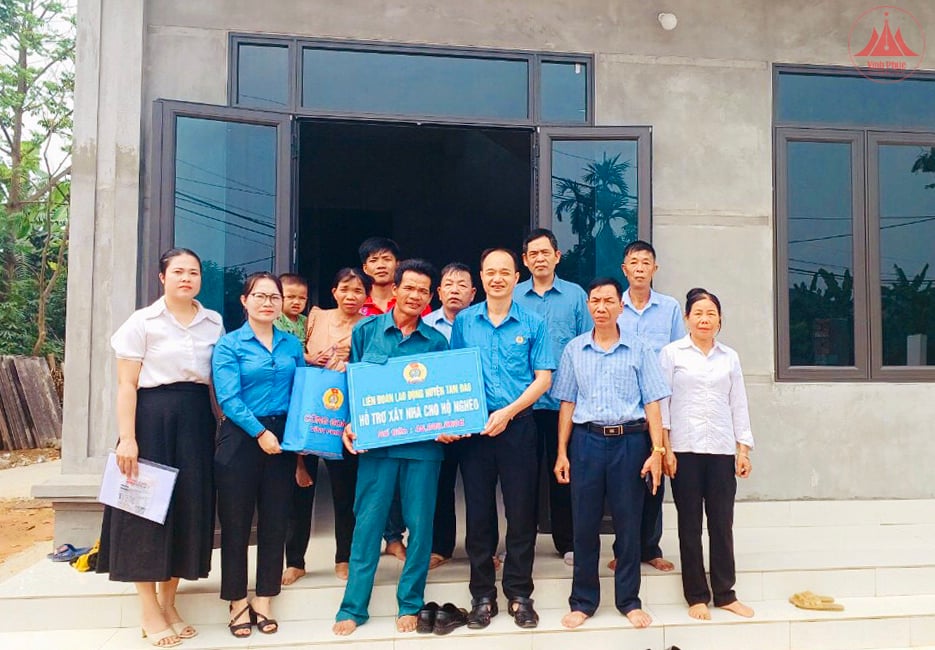



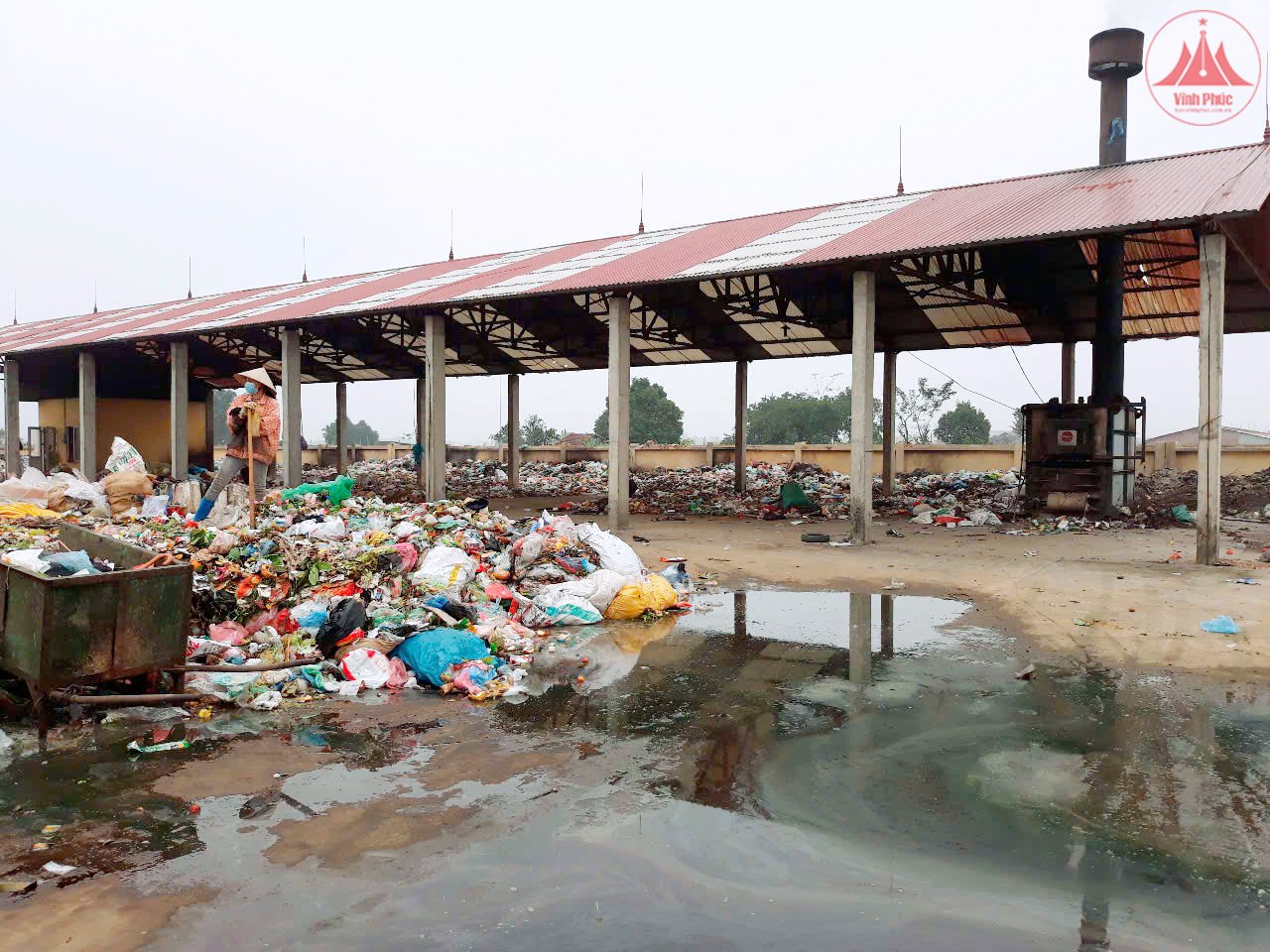













Comment (0)